TMJ Relief: How & When to Seek Treatment
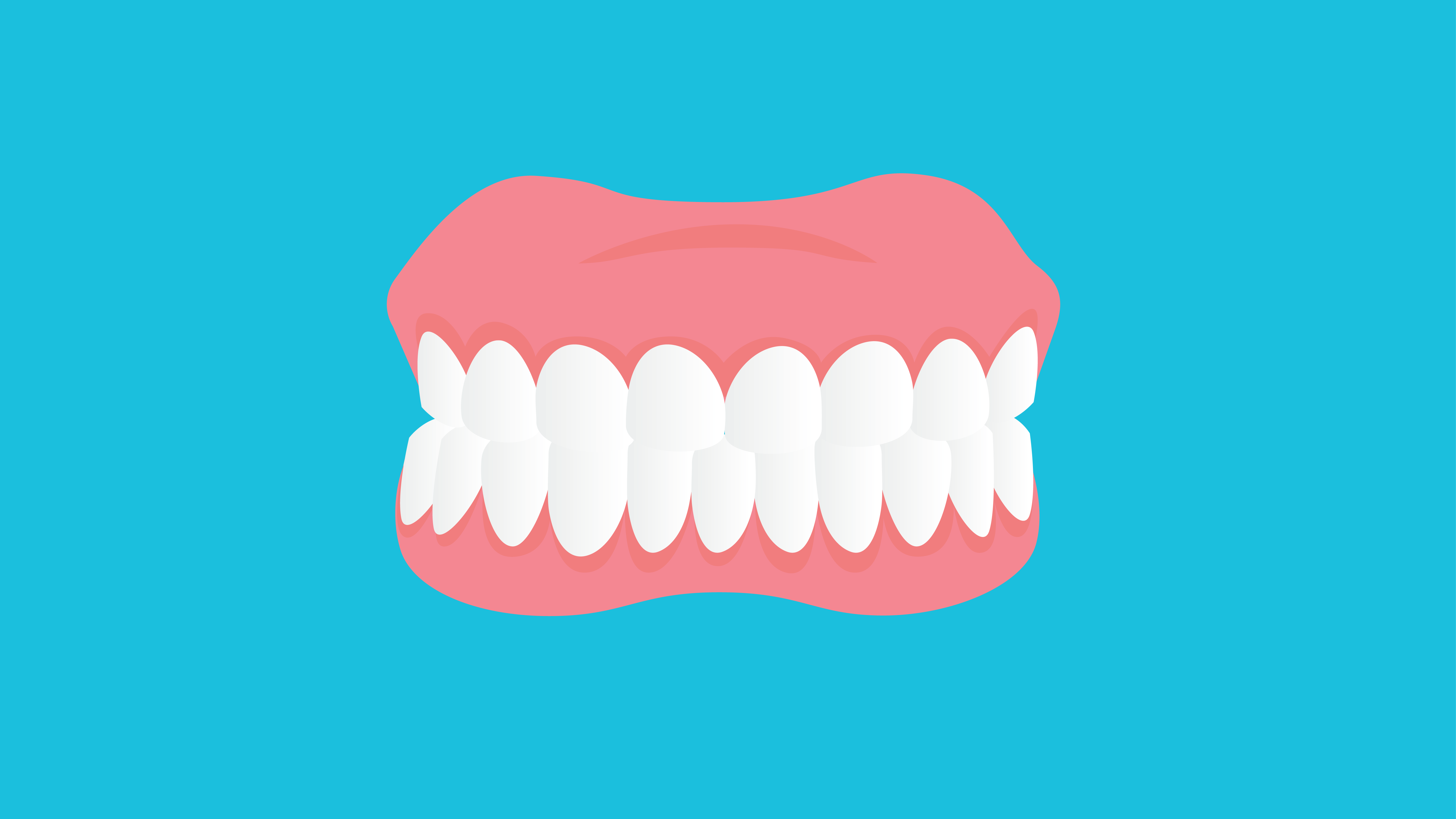
Posted December 12, 2022
What is TMJ?
Likely, you’ve at least heard of the TMJ. Everyone has two of these joints and when they become painful and stiff it can be debilitating. The temporomandibular joint (TMJ) is the jaw joint that connects the temple (skull) to the mandible (lower row of teeth). It allows the two rows of teeth to come together through a hinge at the side of the face. The function of the TMJ is chewing, talking, and any task that requires opening the mouth.
You may hear the acronym TMD interchangeably with TMJ. TMD stands for temporomandibular joint disorder or dysfunction. It represents a problem with pain and stiffness in the temporomandibular joint. Within the TMJ, there is the bony structure of the condyle and temporal bone with a cartilage disc in between, similar to any other joint in the body, like the knee. There are nerves intertwined within this region as well. When the bony structure or the disc does not function properly, it can irritate the nerves and cause sharp or dull pain.
TMJ treatment focuses on restoring mobility and reducing pain in the jaw and includes physical therapy. You may receive a diagnosis of TMJ dysfunction from your physician or your physical therapist. It is important to recognize the symptoms of TMJ as well as how to get help to solve this issue in your life.
Signs & Symptoms of TMJ
As you can imagine, several factors increase the likelihood that someone may develop TMD. A lot of TMJ symptoms are caused by excess pressure on the teeth and therefore the jaw joint. This can be caused by grinding teeth or clenching the jaw, for unknown reasons or from excess stress.
People with TMD may also have an unaligned bite, which typically starts in childhood or as a young adult as the mouth and teeth develop. Other TMD causes include trauma, jaw dislocations, or arthritis. TMD is common in people who have been hit in the jaw or the face somehow, such as in a fight or a car accident.
With TMJ, the muscles and ligaments at the side of the jaw become painful due to inflammation associated with the disorder. The jaw is subject to repetitive movement because it is not a joint that we can easily rest. We need to eat and communicate throughout each day, which requires continual hinging of the jaw. Depending on the cause and irritation level, symptoms of temporomandibular joint dysfunction may develop suddenly or gradually and can go dissipate quickly or linger on for months.
People will experience either sharp or dull jaw pain, may experience jaw locking or clicking, and tooth pain. These may get better or worse on certain days, depending on how much movement the jaw goes through. Other symptoms include headaches, earaches, neck and shoulder pain, neck stiffness, swelling on the side of the face, and ear ringing. These symptoms will often emerge after dealing with jaw or tooth pain and clicking or locking for a little while.
How a Physical Therapist Can Help with TMJ
Physical therapists are excellent providers of TMJ treatment. It does not matter how much time or the severity of your TMJ symptoms when you begin PT. Physical therapists are trained extensively on the structure and function of the jaw to be able to tackle any type of TMJ issue and resolve your problem. TMJ treatment in physical therapy will focus on a few areas: education, posture modification, jaw mobility, and exercises for TMJ.
Education and Posture
Your PT will educate you on the process of TMJ pain, how to control your symptoms based on the severity, and strategies to decrease the inflammation and pain in your jaw. They will observe the posture in your neck, upper back, and shoulders and give you strategies on how to improve this to help achieve relief in this entire region.
Jaw Mobility
Your PT will examine whether your jaw is too stiff or too mobile and work on improving mobility to achieve balance in jaw function. They may manipulate the joint to help reset it and give you strategies to improve mobility at home.
Exercises for TMJ
Your PT will train you on movements to work on in the clinic and at home to restore normal movement patterns within the jaw, neck, upper back, and shoulders. These areas function together, and it is important to work on strengthening and mobility in each area to achieve long-lasting relief. Your PT will give you new movements to focus on and progress gradually to make sure the exercises are helping with pain-free jaw function.
If you have any questions about TMJ therapy, your physical therapist will be happy to answer anything and explain the process further at your appointment.




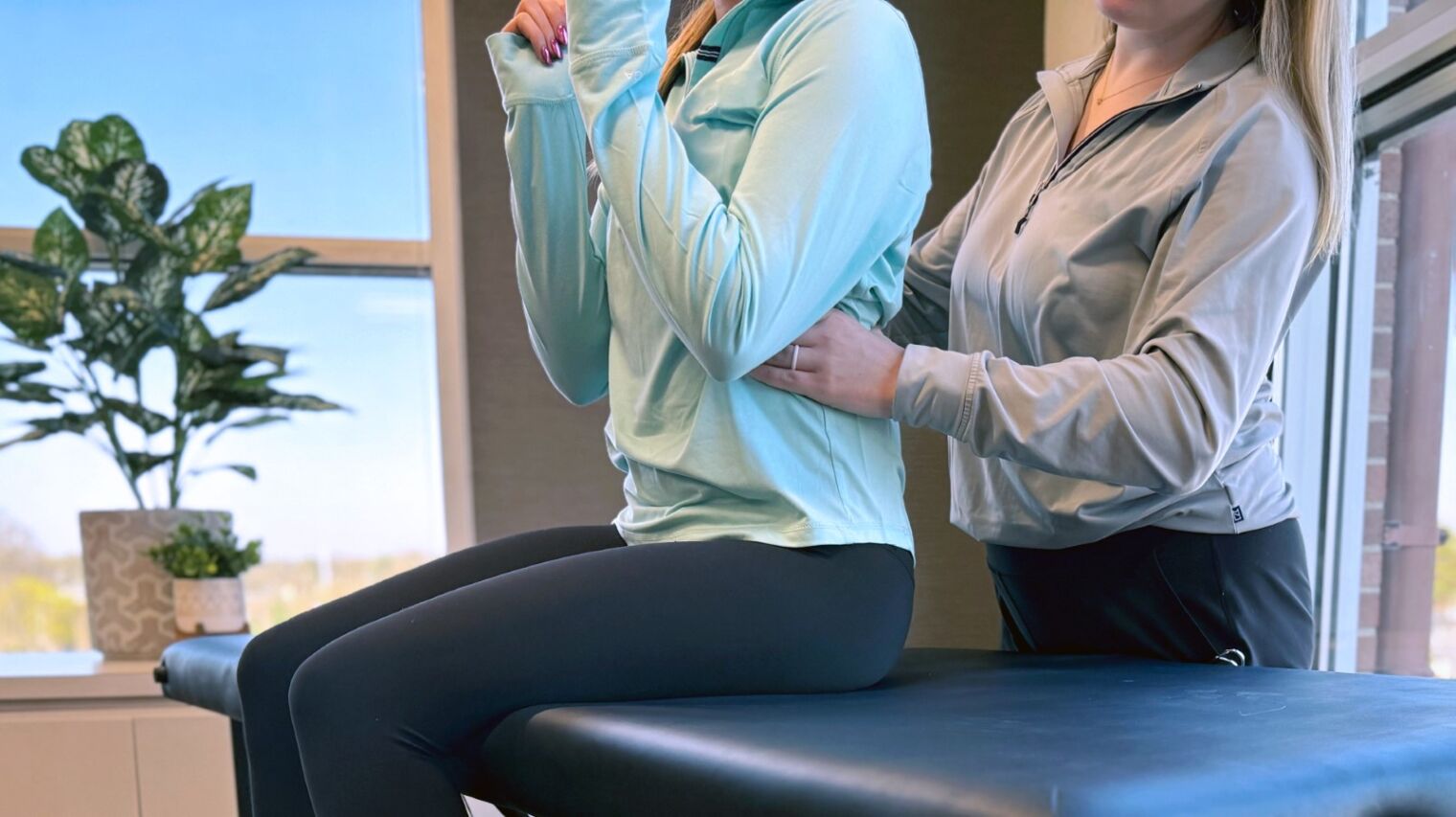
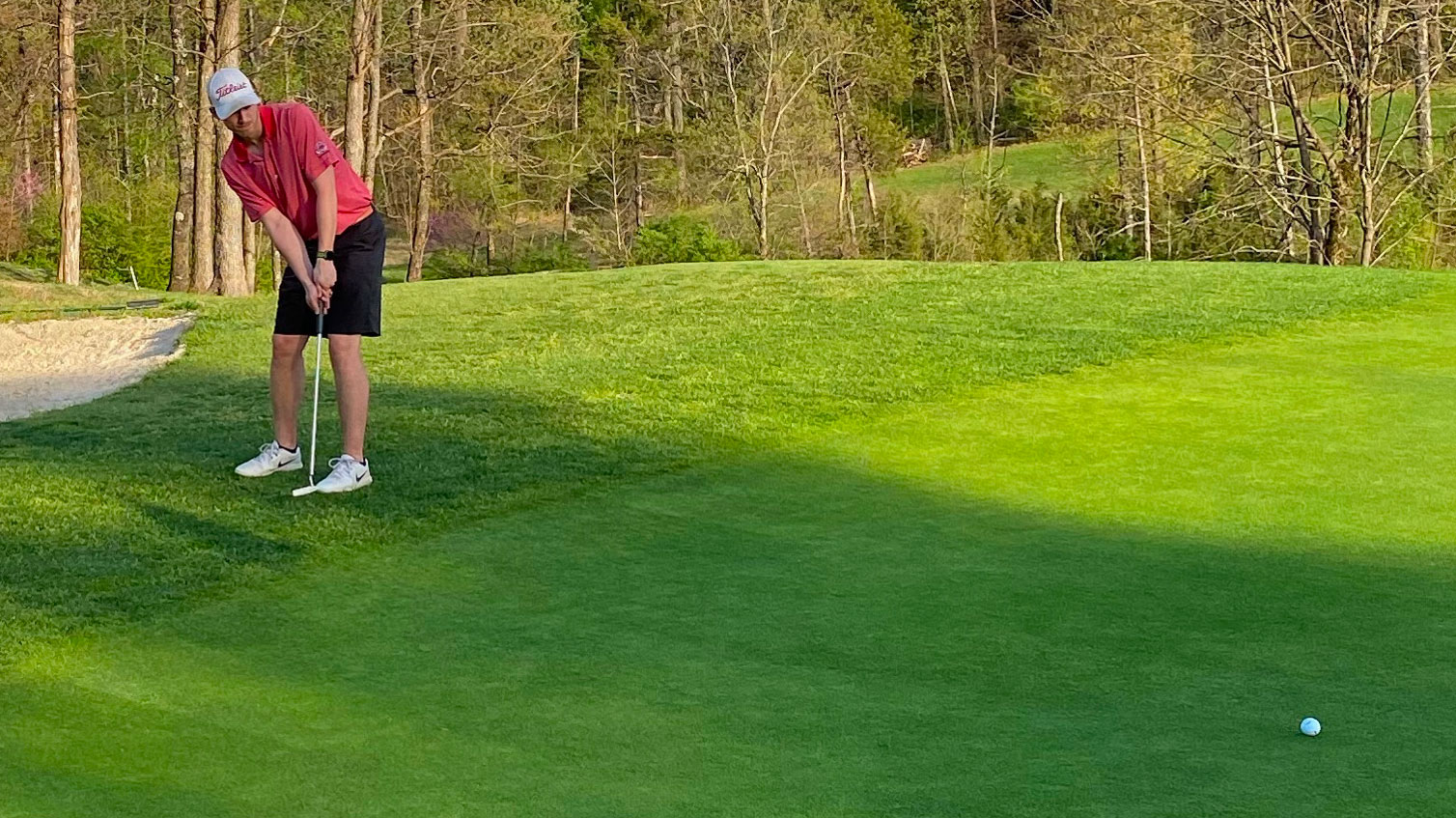

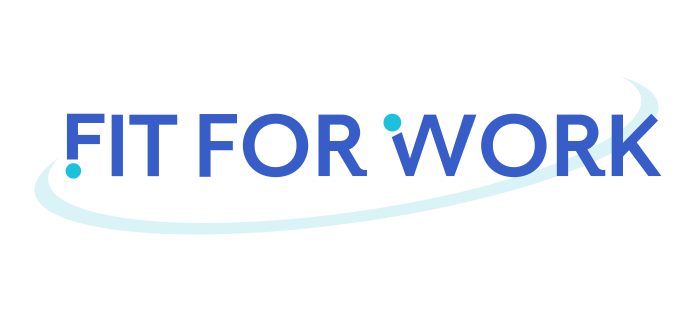


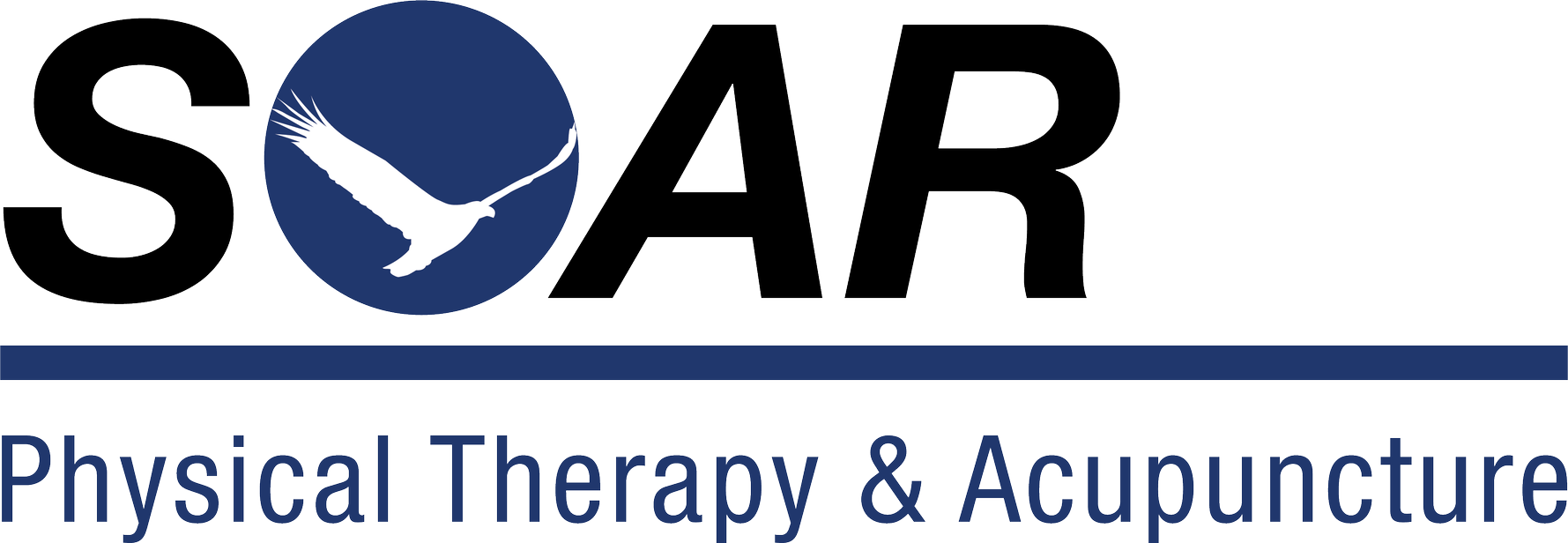

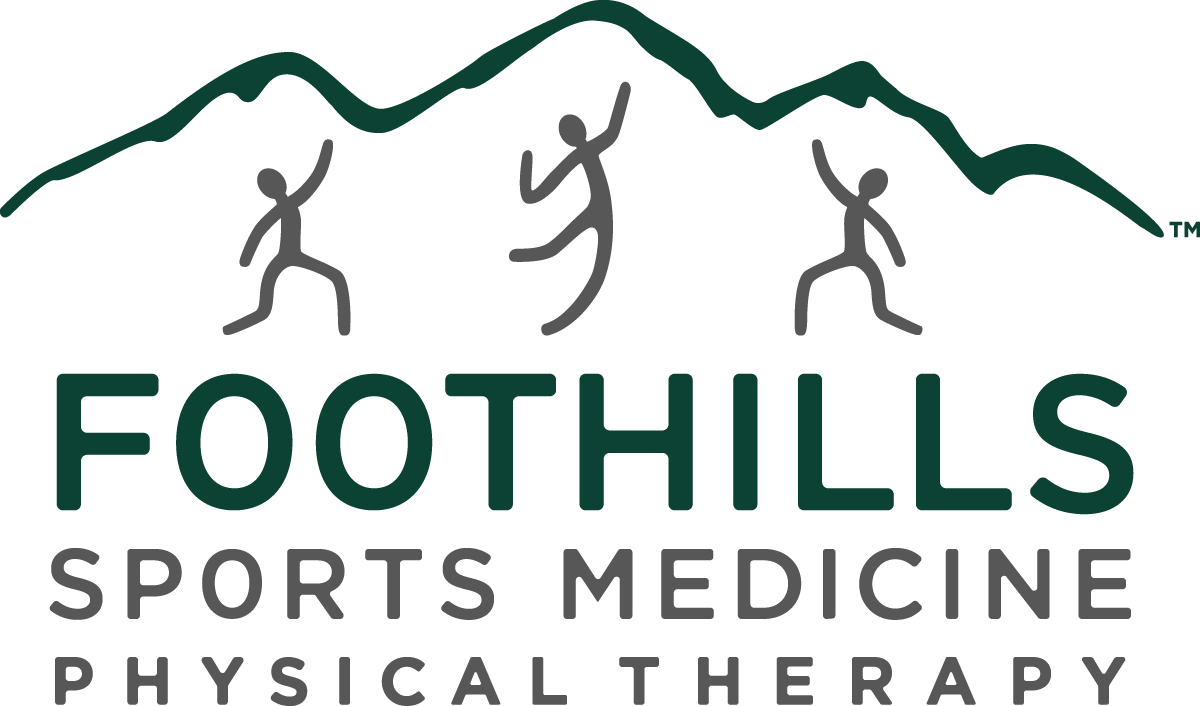
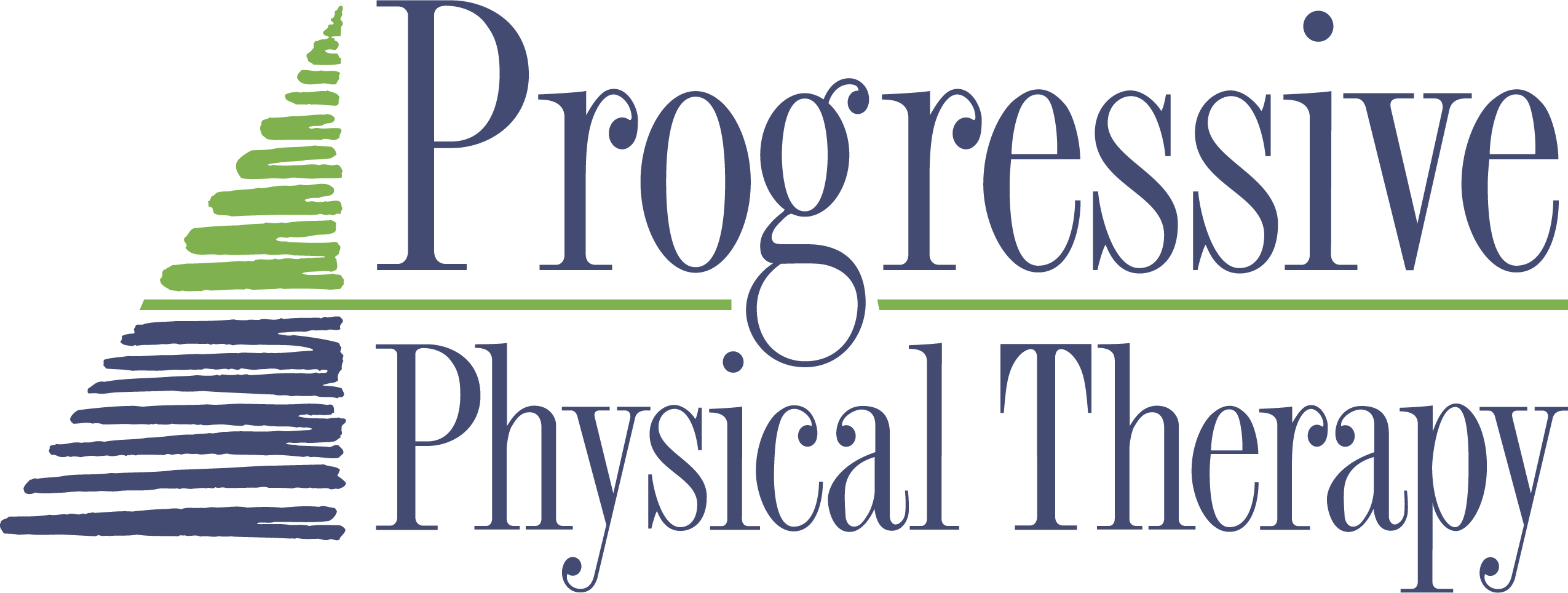

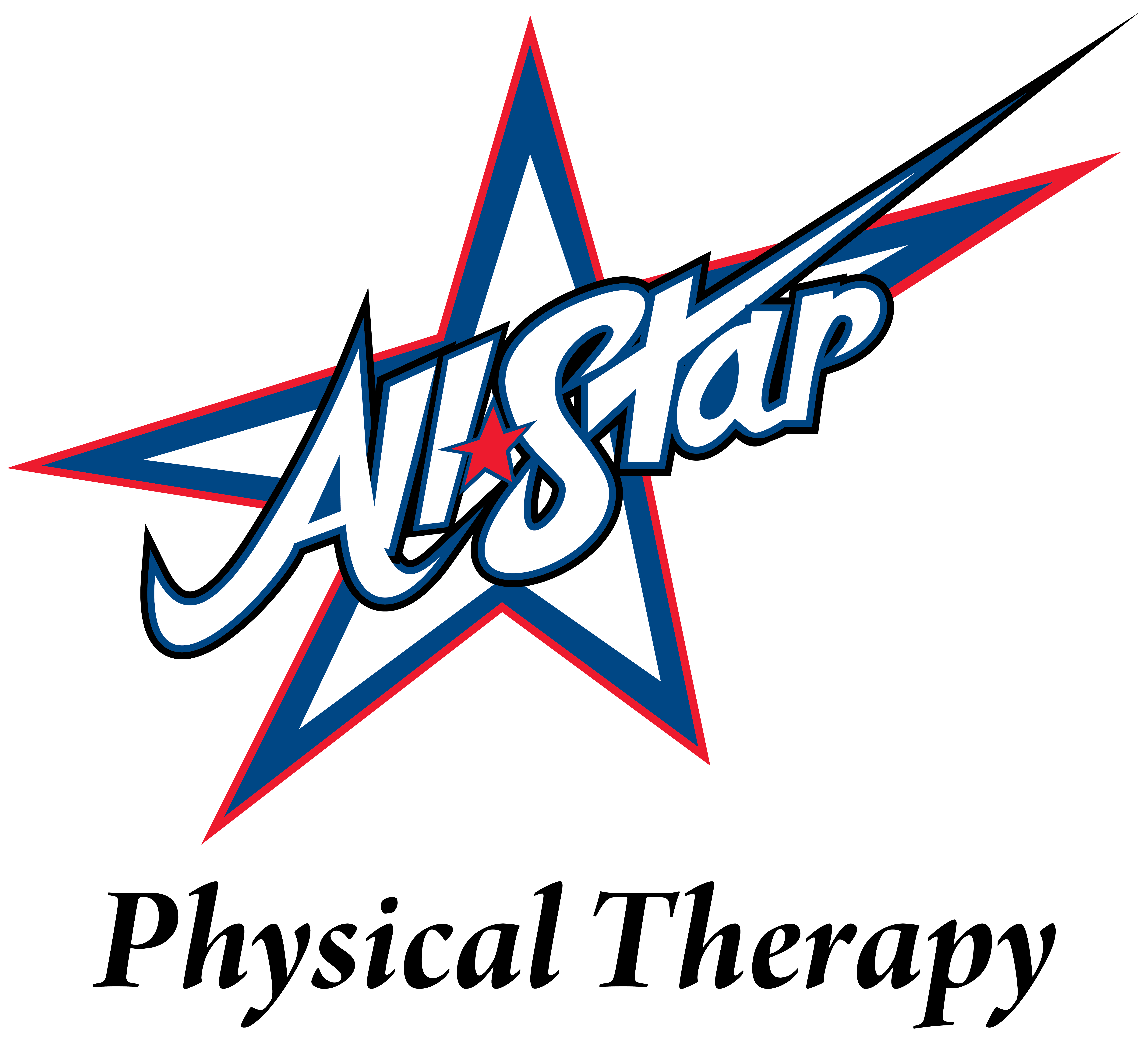




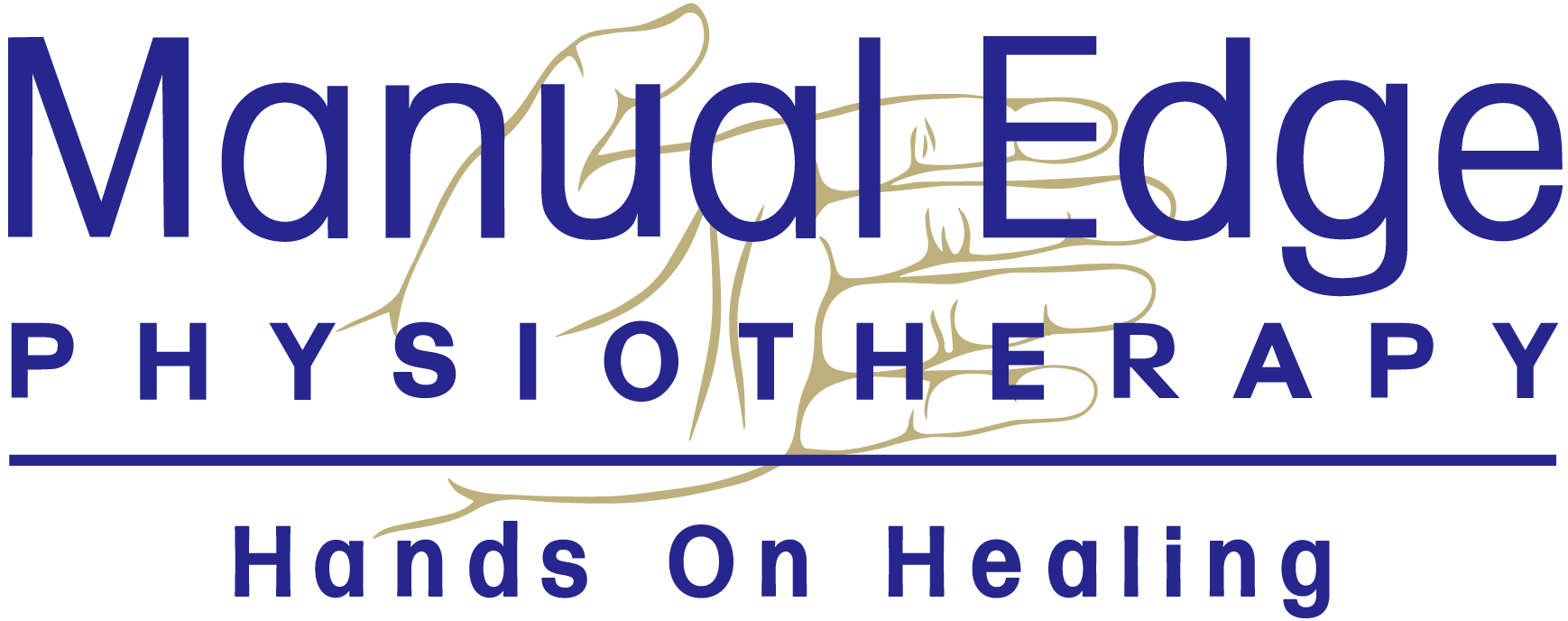
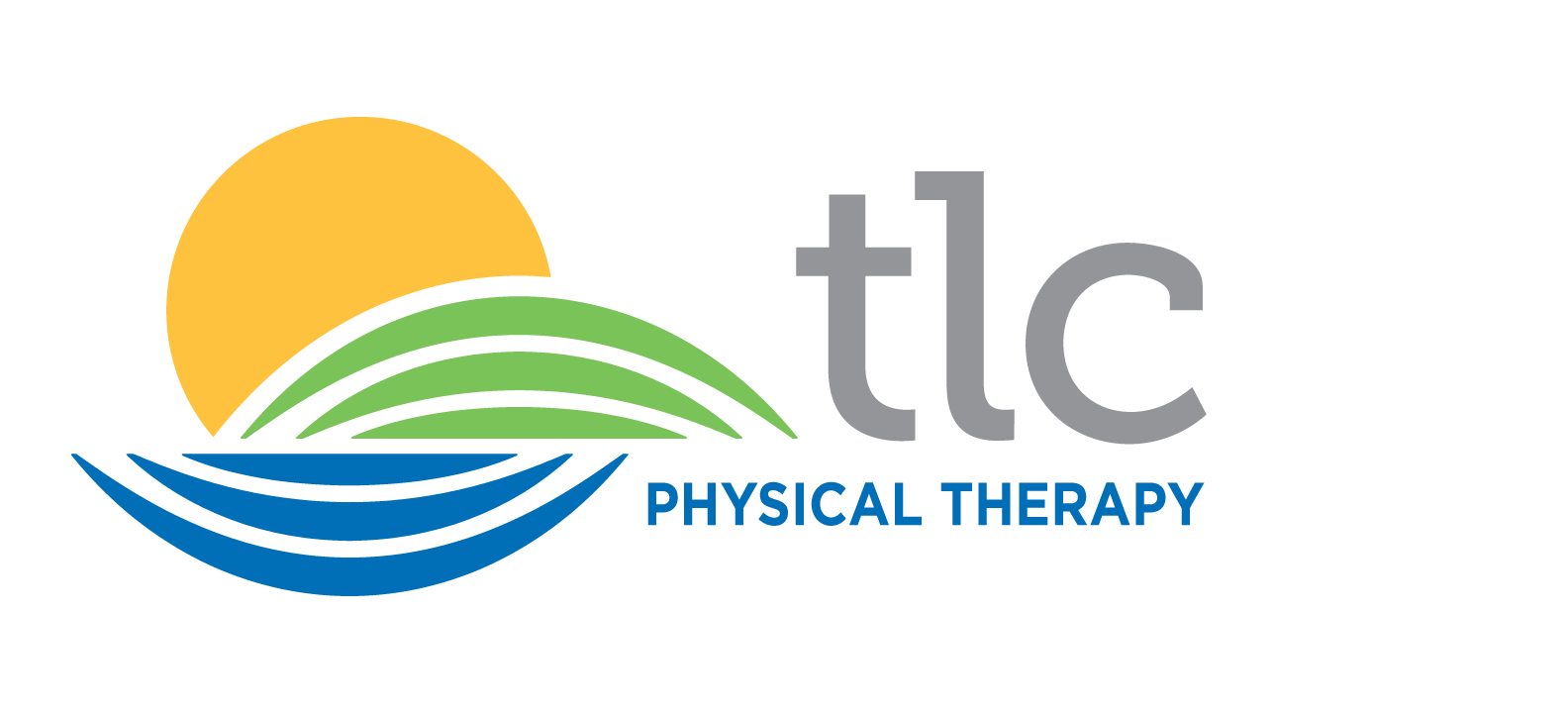
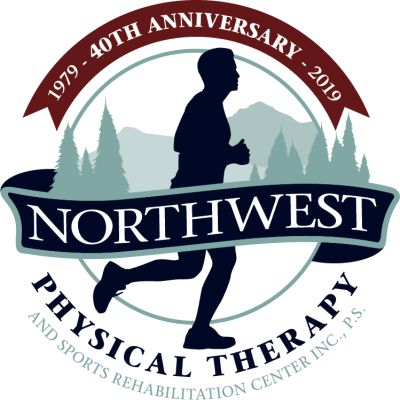



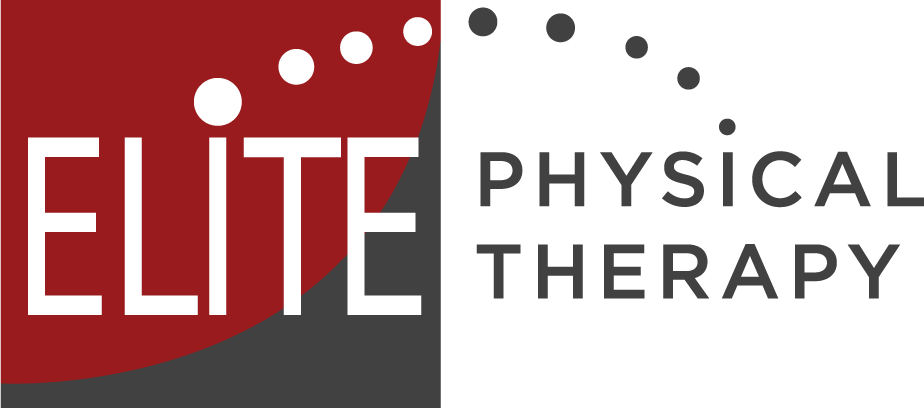

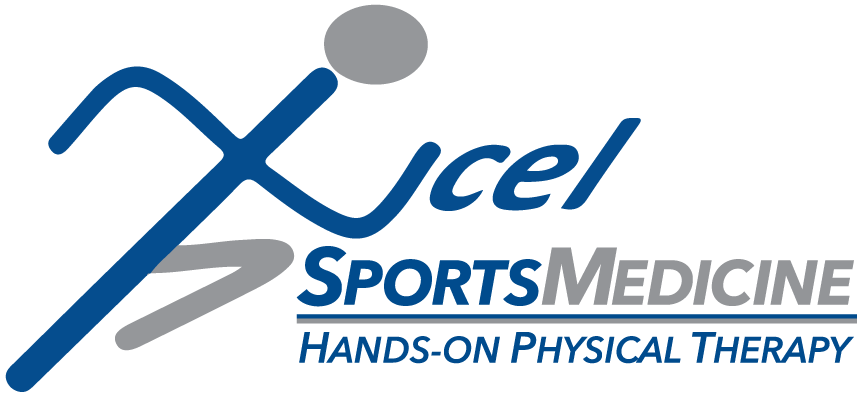



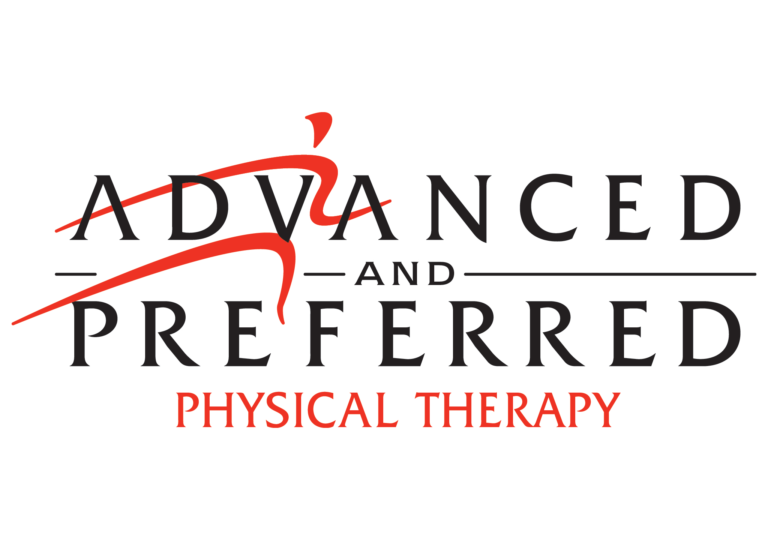

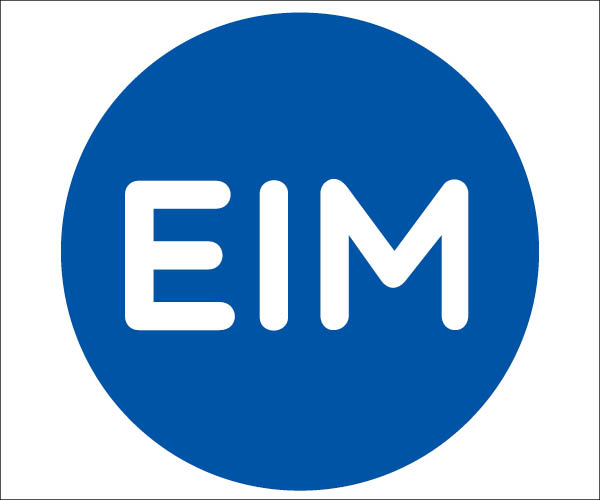

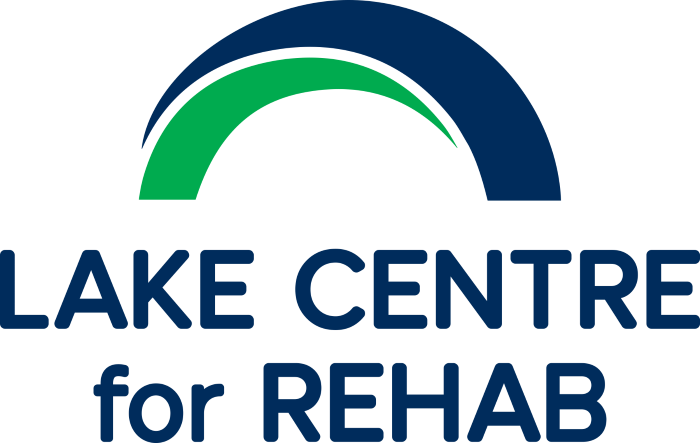
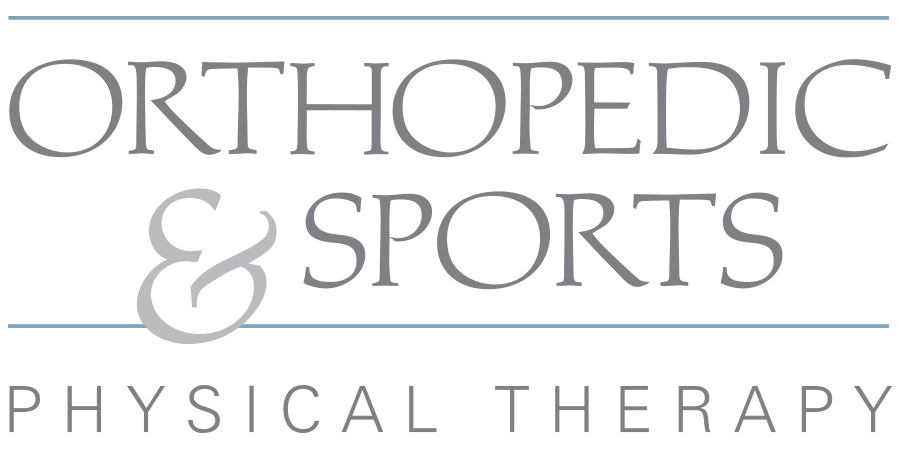

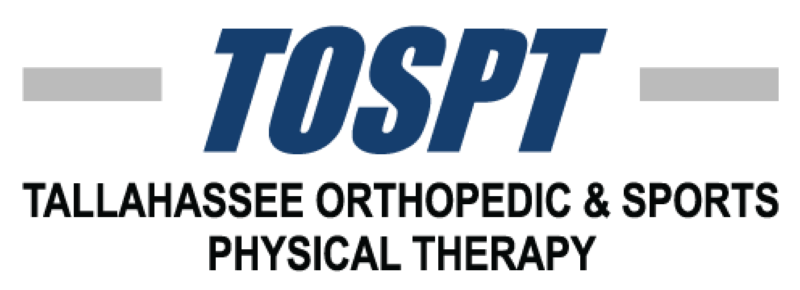






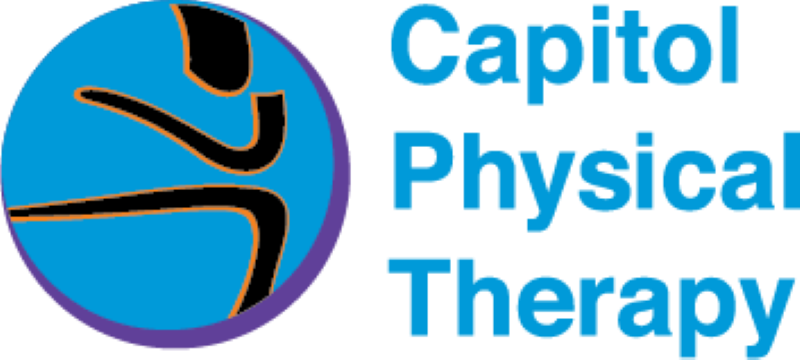






 Director of Marketing, Training and Professional Development
Director of Marketing, Training and Professional Development Marketing Consultant | Boutique Partners
Marketing Consultant | Boutique Partners Digital Marketing Specialist
Digital Marketing Specialist Digital Marketing Manager
Digital Marketing Manager Senior Graphic Designer
Senior Graphic Designer Content Production Manager
Content Production Manager Graphic Designer
Graphic Designer Senior Director of Partner Growth
Senior Director of Partner Growth Hive Marketing Liaison
Hive Marketing Liaison Digital Marketing Campaign Specialist
Digital Marketing Campaign Specialist Marketing Analyst
Marketing Analyst VP Brand Communications
VP Brand Communications  Web Designer
Web Designer Marketing Communications Specialist
Marketing Communications Specialist PR + Communications Manager
PR + Communications Manager Senior Director, Consumer Media Group
Senior Director, Consumer Media Group